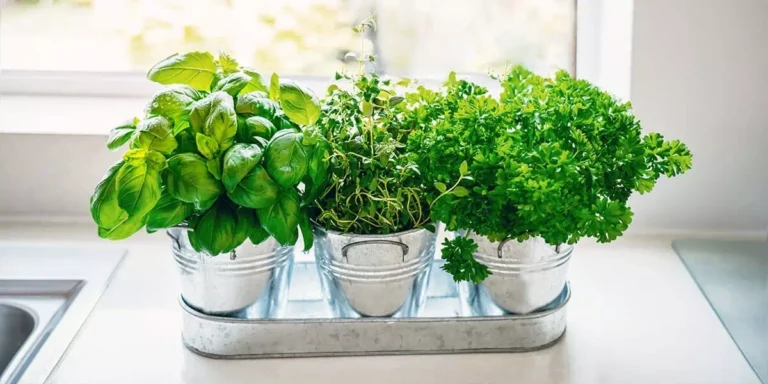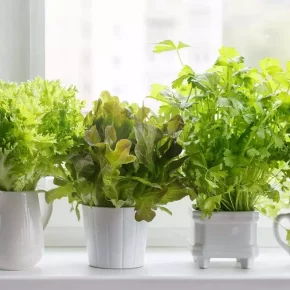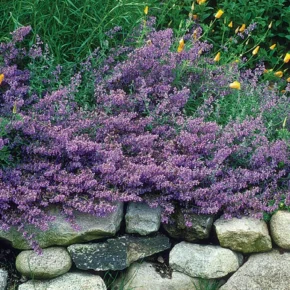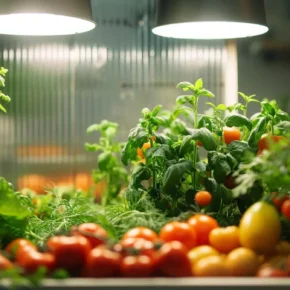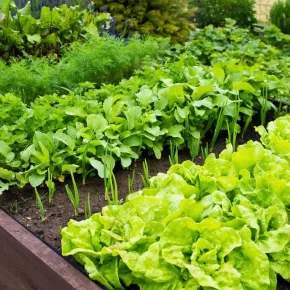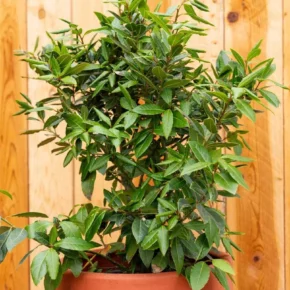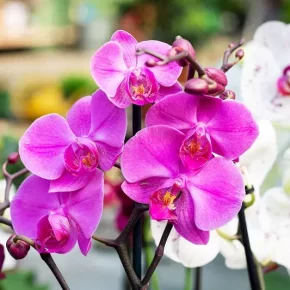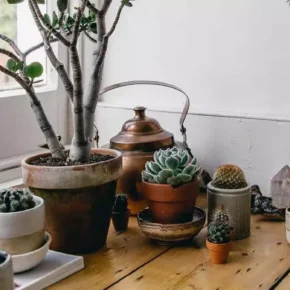Fresh culinary herbs are a great addition to any dish, giving it aroma and taste. Growing basil, parsley and other herbs at home is not only economical, but also convenient, because fresh greens will always be at hand.
Let’s consider the basic rules for growing culinary herbs at home.
Selection and preparation of herbs for growing at home
Some herbs are easily adapted to growing at home, in particular:
- Basil
- Parsley
- Dill
- Mint
- Rosemary
- Thyme
These plants are easy to grow in pots or small containers. They grow quickly, are unpretentious and require minimal care, making them an ideal choice even for beginners.
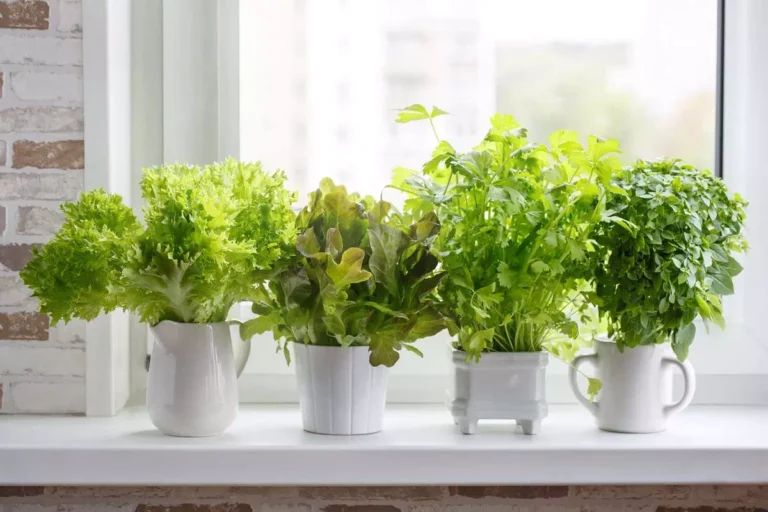
How to start growing herbs at home: step-by-step instructions
- Pot selection and soil preparation
Choose a separate pot or large container for each plant to allow enough room for the roots to grow. The soil should be a light potting mix that provides good drainage and air permeability. - Sowing or planting seedlings
Most herbs can be grown from both seeds and seedlings. If you choose seeds, plant them at a depth of about 0.5-1 cm and water lightly. Seedlings can be planted directly in the prepared soil. - Location
Most culinary herbs need a lot of sun, so it’s best to place them on a south or southwest windowsill where they will receive about 6-8 hours of sunlight per day. - Watering
The grass should be watered regularly, but moderately, without allowing it to dry out or overmoisten. The best rule of thumb is to water when the topsoil feels dry to the touch. - Fertilizer
Herbs do not need a lot of fertilizer, but once a month you can feed them with an organic solution or special fertilizers for greens.
Peculiarities of caring for different types of herbs
- Basil
Basil needs warmth and light, it should be protected from drafts. To keep basil growing luxuriantly, regularly pinch the tops and remove flower buds. - Parsley
Parsley is less picky and can grow in less light. Water it sparingly and keep it in a cool place. Parsley can grow up to two years, giving greens even in winter. - Mint
Mint likes abundant watering and partial shade, so it can be grown even in slightly shaded places. It has the ability to grow, so it can be allocated a separate container. - Rosemary
Rosemary needs a well-lit place and light soil. It should be watered rarely, avoiding excess moisture. Once a month you can feed with a weak fertilizer solution. - Dill Dill
grows quickly, but needs a lot of sunlight. For a bountiful harvest, water it regularly and feed it with organic fertilizers. - Thyme
Thyme, like rosemary, likes the sun and tolerates drought well. It should be watered moderately to prevent rotting of the roots.
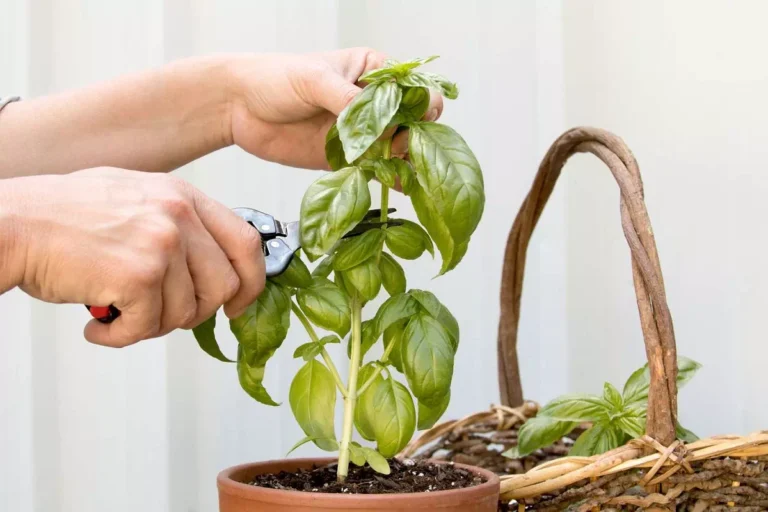
Care tips
- Pinching : in order to get more green mass, the grass must be regularly pinched. This stimulates the plants to form new shoots.
- Cleaning : remove old and yellowed leaves so that the plant has a healthy appearance and does not waste energy supporting extra parts.
- Rotate the pot : rotate the pot to the light from different sides so that the plants develop evenly and do not pull in one direction.
Cultivation of culinary herbs: advantages and benefits
Fresh culinary herbs not only enhance the taste of dishes, but also contain many useful substances, such as vitamins A, C, K and antioxidants. Home cultivation also guarantees the absence of chemical fertilizers and allows you to control the process of plant care. Greenery decorates the interior of the kitchen, creates coziness and brings nature closer even in urban conditions.
Basil, parsley, rosemary and other herbs are easy to grow at home thanks to simple care. They not only add taste and aroma to dishes, but also give pleasure from fresh harvest, which is always at hand.

